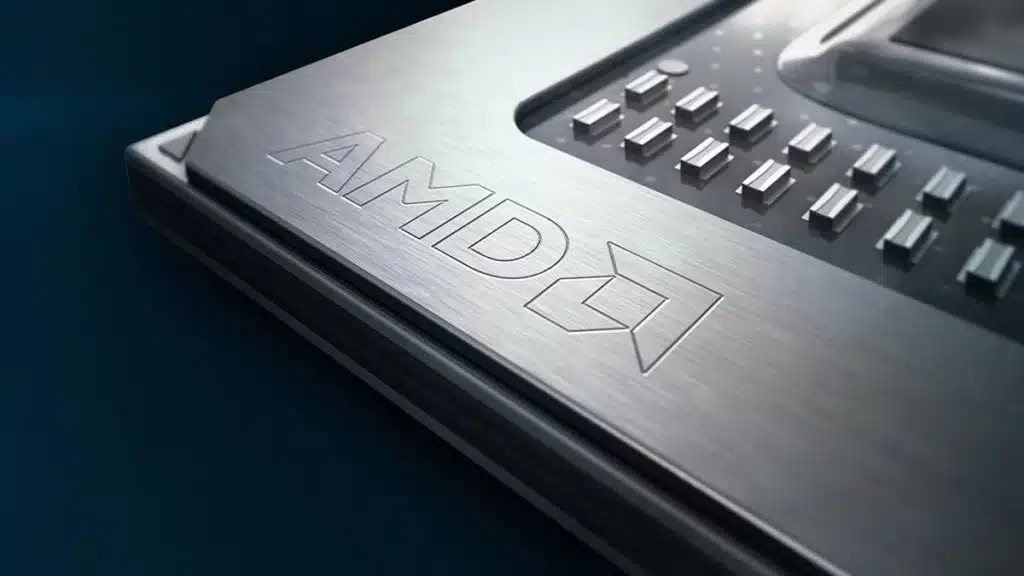
AMD didn’t hold back any punches in responding to a question regarding the chip manufacturer’s stance on reported AM5 socket failures. These days, it’s somewhat rare to hear news of any kind of ongoing issues with AMD consumer technology. Between desktops, laptops, and mobile devices, it’s probably safe to say there are millions of devices in the wild featuring its processors, but since the launch of the AM5 socket, there have been ongoing reports of burned chips/sockets. A number of these reports have involved ASRock motherboards, but they are not exclusive to this brand.
Meanwhile, there’ve been multiple BIOS and firmware updates rolled out to address it and other issues, which have largely left this one only being tracked in various Reddit threads. Meanwhile, AMD’s David McAfee and Travis Kirsch spoke with South Korean media outlet Quasarzone on the issue, where it was made clear that AMD does not feel that it’s at fault for these failures.
AMD (via Quasarzone):
“AMD takes quality very seriously. To this end, we work closely with board partners during product and BIOS development to ensure that products operate within specification limits.
This issue arises because some ODM BIOSes do not adhere to AMD’s recommended values. AMD’s position is fundamentally to provide the highest quality products through thorough testing.
We always recommend everyone update their motherboard BIOS to the latest version. This is because it incorporates additional features, performance improvements, and troubleshooting solutions.
One thing to note is that one of the downsides of the flexibility AMD offers is that competing platforms often limit the number of motherboard and CPU combinations available for a given platform.
AMD, on the other hand, offers a wide range of combinations, and also supports PBO and overclocking. This means there are a vast number of possible scenarios. While this is a complex issue, we are working closely with our partners to resolve issues and further evolve the platform.”
So, in essence, what is being said is that there were BIOSes released that did not comply with AMD’s recommended settings. AMD does fall short of denying all accountability by acknowledging that it is a complex issue that is still being looked into. Needless to say, the company emphasizes that users update to the latest BIOS.
